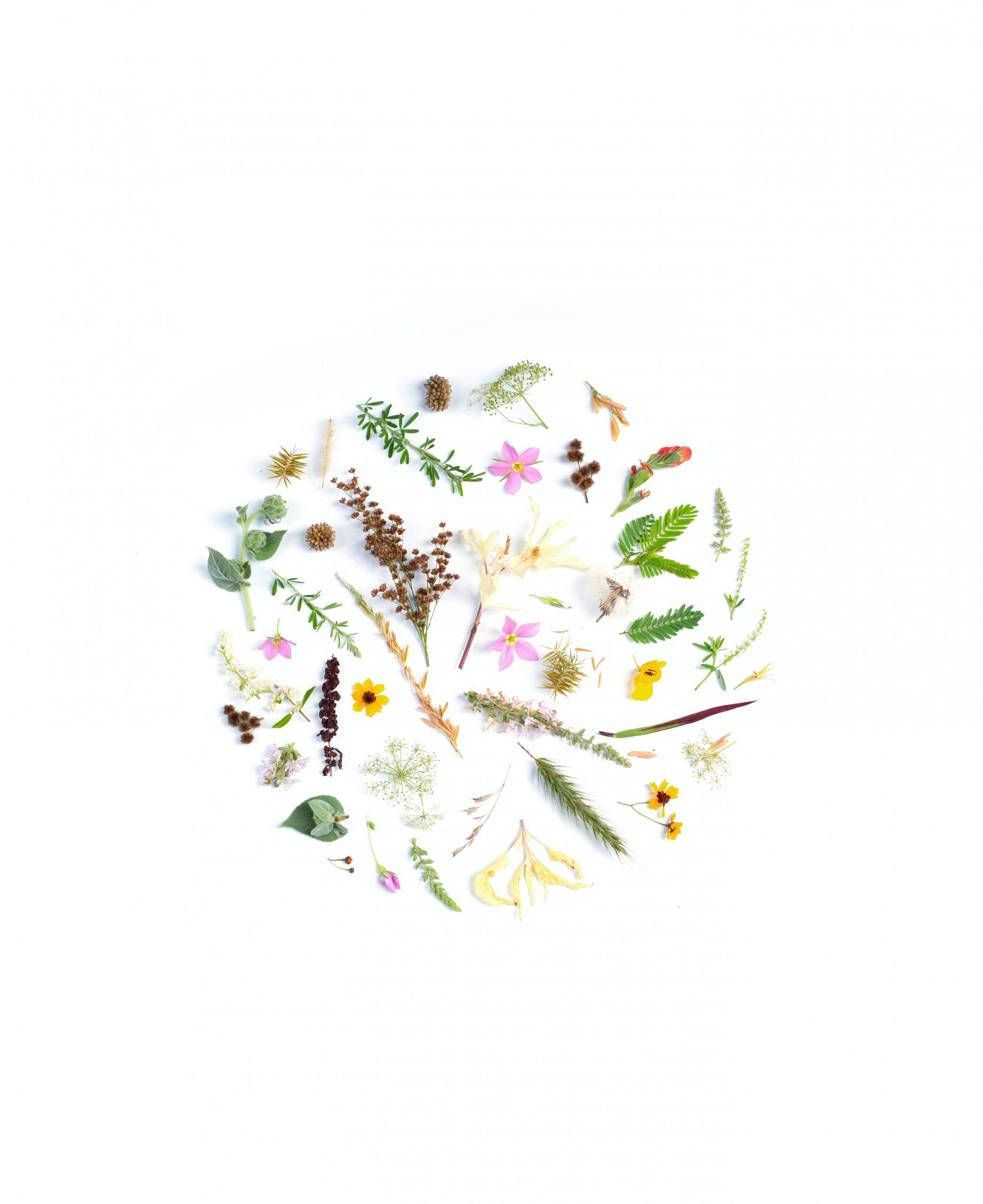Self-Compassion/Selbstfürsorge

Self-Compassion
The Power of Vulnerability and Compassion
Maybe you can relate: When you feel vulnerable, and if you can respond with compassion towards yourself, then you can experience joy, creativity, love, and belonging. If you respond with self-judgment, then you might experience shame, fear, and feelings of unworthiness. Let’s look into this in more detail.
Vulnerability
Let’s start with this fact: Most of us probably haven’t learned that we are good, when we are vulnerable. Most likely, we believe that being vulnerable is not good, that it is to be avoided. But the truth is that vulnerability is something we all share. It’s just something true about all of us.
Further, we usually believe that we need to be better than we are, more perfect than we are. We have an idea of how we think we need to be, and it’s not exactly how we are right now, is it? And yet, consider if your friends were flawless, perfect. Would they, could they still be your friends? What really makes you human—is the basis for your connections to others, makes you real, alive, and actually, beautiful to others—is your imperfection.
If you have kindness and caring for yourself, it’s so much easier to find the courage to see and tell the story of who you really are. In that honesty you’ll find and deepen your sense of worthiness. Wouldn’t it be something to feel vulnerable and very worthy at the same time?
Self-Compassion
Self-compassion is a real strength that can help you cope with life. It’s soft and strong. You need it most when you feel that you’ve failed.
Your habitual response might be to criticize, judge, and blame yourself harshly. But that only leaves you feeling isolated in your suffering—as if you are alone when you make a mistake or don’t succeed at something, when actually you’re just like 100% of the rest of the human race. Self-compassion means that you embrace your suffering with care and love, which naturally allows you to feel connected. Self-compassion is intelligent.
You can support and calm yourself in the face of challenges by:
Treating yourself as you would treat your best friend in a situation like that.
Giving kindness and care in a very warm, soothing, and gentle way.
Perhaps touching your hands to your cheeks, heart or belly.
Remembering that imperfection and the experience of difficulty is not your own fault, but a shared human condition.
Knowing that no matter what, you are worthy of love and belonging!
If you can be aware of your own self-talk in challenging situations, you have a chance to see exactly where you really are, and to start from exactly that point. That exact point is like the tip of a long and painful needle. If there is habitual harshness and criticism inside you, even if it’s only whispering in the background, then that’s exactly where self-compassion needs to gain a foothold. With time, self-compassion can become so strong that that needle has no chance whatsoever to enter you.
You can feel yourself that criticism does not generally cause you or anyone else to be naturally motivated and successful. We have a culture of comparing ourselves to others and attempting to buy happiness in one way or another. But does this really make us happy?
What truly motivates us and brings our best into the world is when we can trust that what we bring is good enough. That’s much easier if we can respond to difficulty internally with care and compassion for ourselves.
You respond to difficulty, in the moment, just how you respond. And that is okay. Just notice it. The question is, from that moment onward, what can you do to love and support yourself? This is what will enable you to actually learn from that challenge or that “failure.“ You might find the best answer if you really understand yourself and respond from a place of kindness.
Life has much more joy and ease if you:
Can let yourself be seen.
Can believe that you are enough.
Practice gratitude and joy in moments that you are very shaky.
Love with your whole heart even if there is no guarantee.
We will look more into these as we go!
Reflection
For now, please be aware of the following:
For the next few days, observe what your default response to challenge is.
Just observe.
See what self-talk goes along with your response.
See what follows this self-talk.
Write it down, just see what your default is.
How does this default approach make you feel?
Reflect on what you would do or want to do if a good friend or your child would have those difficulties.
Imagine responding to the same situation with self-compassion instead.
If it helps, please write about these questions.
Please watch this video by Kristin Neff, PhD, for inspiration.
The way most of us usually respond to ourselves in the face of failure and difficulty is not very kind. Since these default modes are deeply ingrained habits, we need to retrain our response. With awareness and mindfulness you have two powerful methods that will help you investigate what is and to discover your own unique alternatives.
You can choose from a number of spontaneous ideas you might come up with during your reflections. You might also see good methods displayed around you while you go about your day. Since it took some time to develop the methods and habits you have, it will take time and practice to change them.
But you really need to know that habitual responses can be changed—especially this one, where you can come to see very clearly when you invite the needle of self-criticism and when you block it with self-care. You might find that you start to let go of self-criticism more often like you would a hot coal!
The acknowledgement of your own vulnerability is the key to compassion, joy, and connection. There is more to explain about why this is so, but for now: The more you can be honest and kind about what you are experiencing, the more you will find your own joy and ease.
Vulnerability is the birthplace of joy, creativity, love, and belonging!
(Brene Brown)



